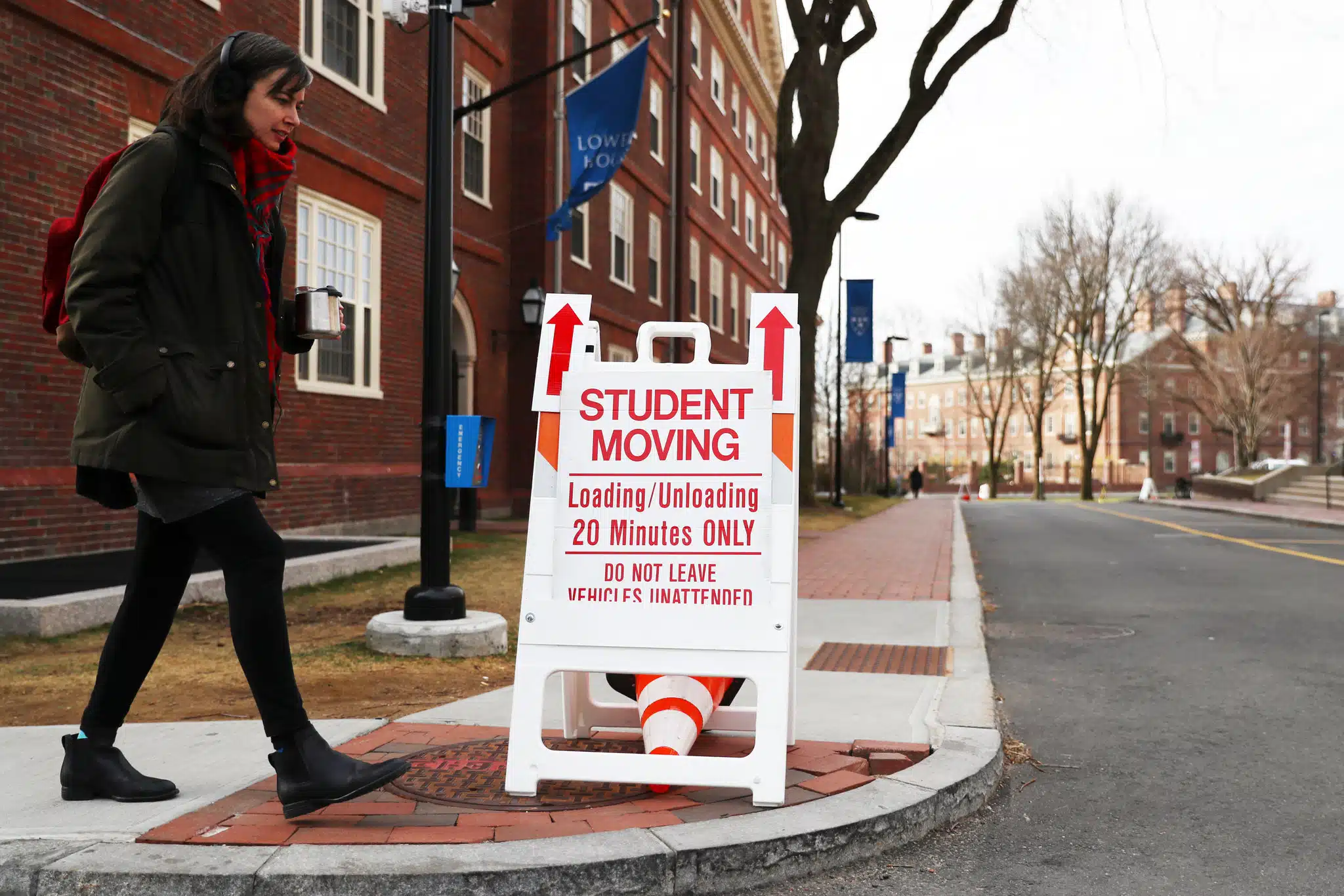The novel coronavirus pandemic could be the event that fundamentally reshapes US higher education. The majority of universities and colleges have stopped activities on their grounds for the remainder of this term, with events like graduations being re-scheduled and classes being held on online platforms. Because of the pandemic some US schools have already closed their doors on a permanent basis or suspended new admissions. So far, this happened to smaller institutions with previous financial troubles. However other colleges may follow in their footsteps as the economic situation gets worse.
Part of the coronavirus relief package passed by Congress and signed by President Trump suspended payments on federally-held student loans through the end of September. As a result of smaller funds for financial assistance, there will be fewer admission, which will obviously mean a smaller source of revenue. It is a snowball that keeps growing.

What to expect in the US higher education in times of COVID-19
A permanent shift from US higher education toward online education could be a good option for this moment. The benefits of online education are its accessibility and the savings for students and colleges, but it’s very complicated to create the dynamic learning environment of an engaged classroom with computers.
Although, what’s left is a series of ad hoc and largely aimless online assignments and herky-jerky Zoom meetings. There will be no prom or internship. Graduation almost certainly won’t happen, at least not in June, when it was originally scheduled. If it takes place at all, it will probably be online, with extended family staying safely at home.
And, what will be of college in the fall? Schools are already talking about delaying their fall semesters or running them entirely online. “Paying tuition for my son to stare for months at his laptop screen in his bedroom at home?” That doesn’t sound smart. So, maybe my son will take a gap year.
Read Too:
Standard Bank Platinum Credit Card
Things are far worse for those graduating from college this spring. On top of the vanished rite of passage, these graduates will face a non-existent job market, with the overwhelming majority of them left to languish for months or even years trapped in an antechamber separating their educations from their careers. The economic peril is serious, but so is the psychological torment.
Faced with a pandemic, in addition to the deaths of people, we have to deal with economic and psychological damage. Faced with a pandemic, we have every reason to think we’re not doing the best to save our students and universities. The novel coronavirus pandemic is changing badly the US higher education.